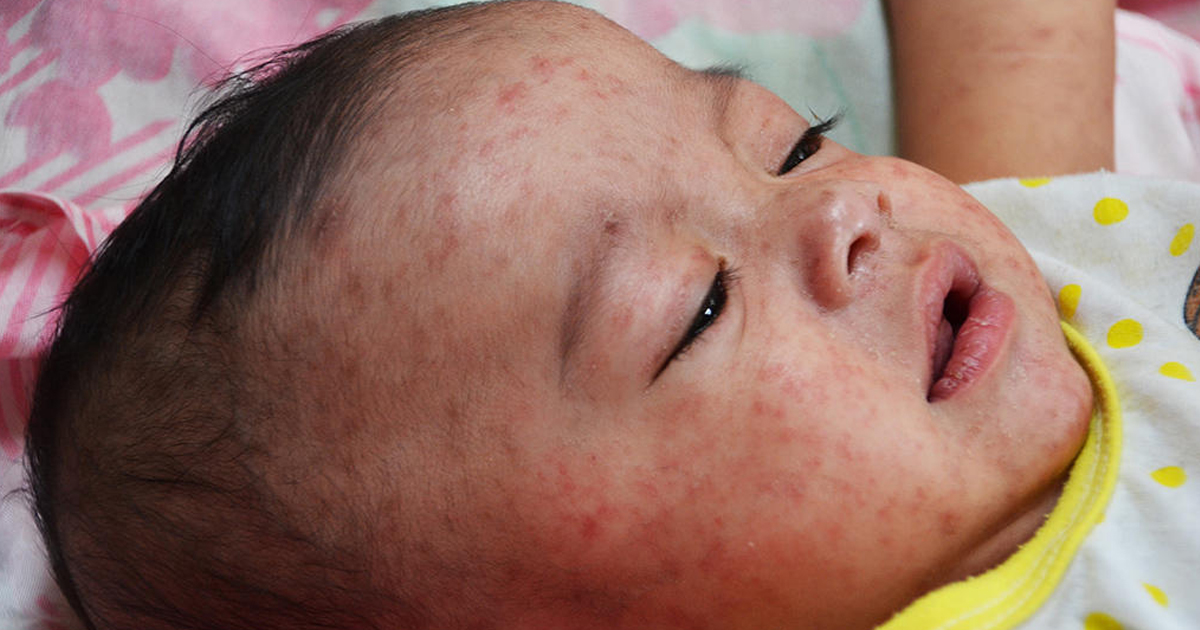Guide To The Causes Of Swollen Lymph Nodes
The lymphatic system is the part of the body that circulates lymphatic fluid. The lymph nodes act as the filtration system for this part of the body. They also store white blood cells, which are part of the immune system, and kill invading pathogens. When individuals have a tumor or an infection, the lymph nodes swell. When abnormal or diseased cells, bacteria, and viruses pass through the lymphatic system, the lymph nodes stop them from circulating to other parts of the body. If the body is fighting an illness or infection, the lymph nodes catch debris.
Swollen lymph node treatment varies based on the condition causing it. For instance, antibiotics for swollen lymph nodes are sometimes required. Anti-inflammatory medication can also help relieve lymph node swelling. Some patients may need to take a fever reducer for swollen lymph nodes in certain cases. Rest and fluids also help relieve many causes of swollen lymph nodes. Of course, patients need to understand the causes to receive the best treatment for swollen lymph nodes.
Measles
Measles, otherwise known as rubeola, is a highly contagious disease. Vaccines can prevent it, which is one of the many reasons why keeping up-to-date on vaccinations is vital. Unfortunately, there are some parents who are choosing not to vaccinate their children. Due to this, there have been some measles outbreaks recently, despite the disease previously being virtually eradicated in the United States. Measles occurs in children and can be fatal. Throughout the world, more than 100,000 individuals are killed by measles every year. The majority of these cases are under five years old.
Measles symptoms tend to appear around ten to fourteen days after someone is exposed to the virus. The most common symptoms are fever, sore throat, runny nose, dry cough, and inflamed eyes. There is also often a skin rash that consists of large and flat blotches flowing into one another. A characteristic sign of measles is tiny white spots on a red background with bluish-white centers. They are usually located on the cheek's inner lining or inside the mouth.
Learn more about what can cause swollen lymph nodes now.
Strep Throat

Strep throat is a bacteria-related infection that leads to pain and inflammation in the throat. The bacteria responsible is group A Streptococcus. The condition can affect adults and children of any age, and it tends to be highly contagious. It is most common in children between five and fifteen years old. Coughing and sneezing can cause bacteria to spread between individuals. The severity of the condition varies depending on the person. The mildest cases tend to present with just a sore throat.
However, some patients have trouble swallowing and develop a fever. Swollen lymph nodes often accompany the fever. Fevers associated with strep throat often come on suddenly and reach temperatures of 101 degrees Fahrenheit or higher. Patients may also have a reddened throat with white patches, headaches, chills, and loss of appetite. The lymph nodes in the neck are typically the ones that become swollen due to strep throat. Patients usually experience symptoms five days or less after they are initially exposed to the bacteria.
Continue reading to learn more about the different conditions that can result in swollen lymph nodes now.
